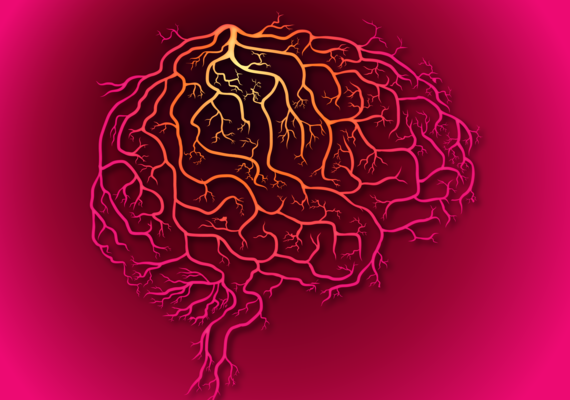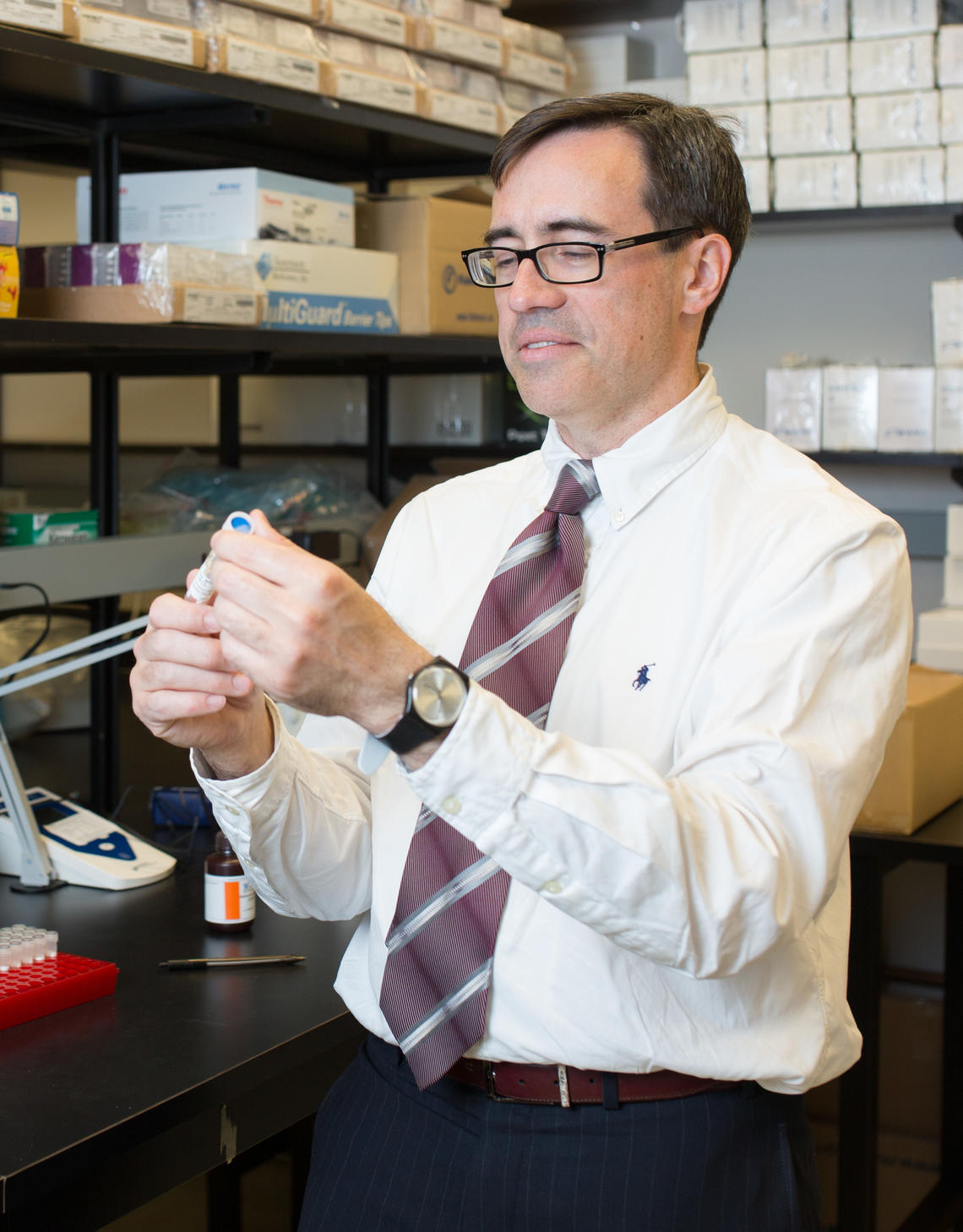
Mathison Centre researchers study impact of COVID-19 on youth mental health
By: Janice Lee,
Brain and Mental Health Strategy

Understanding and supporting vulnerable children and adolescents
For young people, the COVID-19 pandemic has been especially challenging. Social distancing measures, the disruption to daily routines, and the transition to distance learning have created an environment of uncertainty and stress – one with the potential to have negative and longstanding effects on their mental health.
But for some young people – those already living with a mental health disorder – the impact of the pandemic may be felt more keenly.
Study focuses on vulnerable youth

Dr. Paul Arnold
Cumming School of Medicine
A new study led by Dr. Paul Arnold, MD, PhD, and Dr. Iliana Ortega, MD,and their research team from The Mathison Centre for Mental Health Research & Education in the Hotchkiss Brain Institute (HBI) at the Cumming School of Medicine, is investigating the mental health impact of COVID-19 on youth who are particularly vulnerable.
The study will focus on children and adolescents living with anxiety, depression, attention deficit hyperactivity disorder (ADHD), obsessive-compulsive disorder (OCD) and pediatric acute onset neuropsychiatric symptoms (PANDAS/PANS).
“These young people, many who already struggle to manage concerns regarding contamination and associated avoidance, may be highly and uniquely vulnerable to detrimental health effects from the pandemic,” says Ortega, a member of The Mathison Centre and the study’s co-investigator. “Currently, there is relatively little evidence in this area. By better understanding and describing how they have been affected by the pandemic, we’ll be able to provide well-informed care.”
The year-long study, developed in partnership with Alberta Health Services (AHS), will recruit children and adolescents who have been referred to, or are receiving, services through the Mood and Anxiety clinics at Richmond Road Diagnostic and Treatment Centre, the OCD program at the Alberta Children’s Hospital (ACH), or the PANDAS/PANS pilot consultation clinic at ACH.
Through a series of recurrent online surveys, the team will ask participants about changes in emotions, behaviours and sleep patterns, and level of distress due to COVID-19.
Researchers will also collect biological markers through saliva samples for DNA analysis and further gene-environment studies.
UCalgary and national collaborations
Dr. Iliana Ortega
Kelly Johnston, Cumming School of Medicine
Collaborations with two other Mathison Centre projects will provide the team with further data. A study tracking how students are feeling about returning to school during the pandemic, led by Dr. Kelly Dean Schwartz, PhD, from the Werklund School of Education, and the Owerko Centre at the Alberta Children’s Hospital Research Institute (ACHRI), will provide a control arm. And a study led by Dr. Gina Dimitropoulos, PhD, from the Faculty of Social Work, the HBI and ACHRI, will provide information about the effects of physical distancing on adolescents and young adults.
Nationally, the team is collaborating with Dalhousie University, the University of Toronto, McMaster University, and the University of British Columbia to establish a network that will share data for future research projects.
“Information gathered through our study and collaborations will provide crucial data that will help us to explore differences in response to the COVID-19 pandemic between cohorts,” says Ortega. “It’s important to understand that different young people respond differently to the same situation.”
For example, some preliminary clinical observations have shown that there may be some positive effects from the pandemic.
“The clinical presentation of individuals with OCD and PANDAS/PANS frequently involves germ and contamination anxieties,” explains Ortega. “Despite anticipated concerns that this population was going to be particularly affected, we’ve seen that most of the youth with those two disorders did not experience worsening symptoms. They have, in fact, benefitted from decreased levels of stress from home schooling and from spending more time at home, with naturally decreased expectations for social interaction.”

Lasting impact
The study will have lasting impacts beyond the current crisis, says Arnold, director of The Mathison Centre and the study’s principal investigator. “The findings will help health care providers and others working with youth, including educators, to identify who is most impacted by the mental health effects of the pandemic,” says Arnold, who is also a member of the HBI and ACHRI. “This study will lead to improved understanding and better, more targeted treatments for vulnerable youth."
The Hotchkiss Brain Institute, Brain and Mental Health is one of six research strategies guiding the University of Calgary in its Eyes High strategic direction. The strategy provides a unifying direction for brain and mental health research at the university and positions researchers to unlock new discoveries and treatments for brain health in our community.
Dr. Iliana Ortega, MD, is a clinician scientist and assistant professor in the Department of Psychiatry and member of The Mathison Centre for Mental Health Research & Education at the Hotchkiss Brain Institute at the Cumming School of Medicine. Dr. Ortega is a child and adolescent psychiatrist working with various specialized clinics in Calgary. Dr. Ortega's research interests lie in transdiagnostic work focused in complex cases with severe emotional dysregulation and mood disorders.
Dr. Paul Arnold, MD, PhD, is the Director of The Mathison Centre for Mental Health Research & Education, a member of the Hotchkiss Brain Institute and the Alberta Children’s Hospital Research Institute, and professor in the departments of Psychiatry and Medical Genetics at the Cumming School of Medicine. He is a child and adolescent psychiatrist with particular expertise on the genetics and neurobiology of childhood OCD and related neuropsychiatric disorders.
